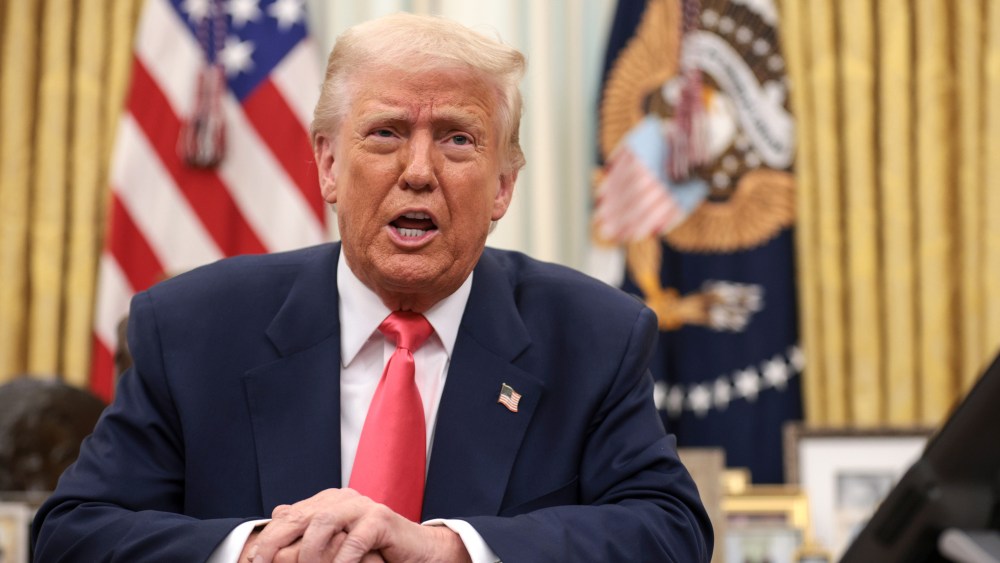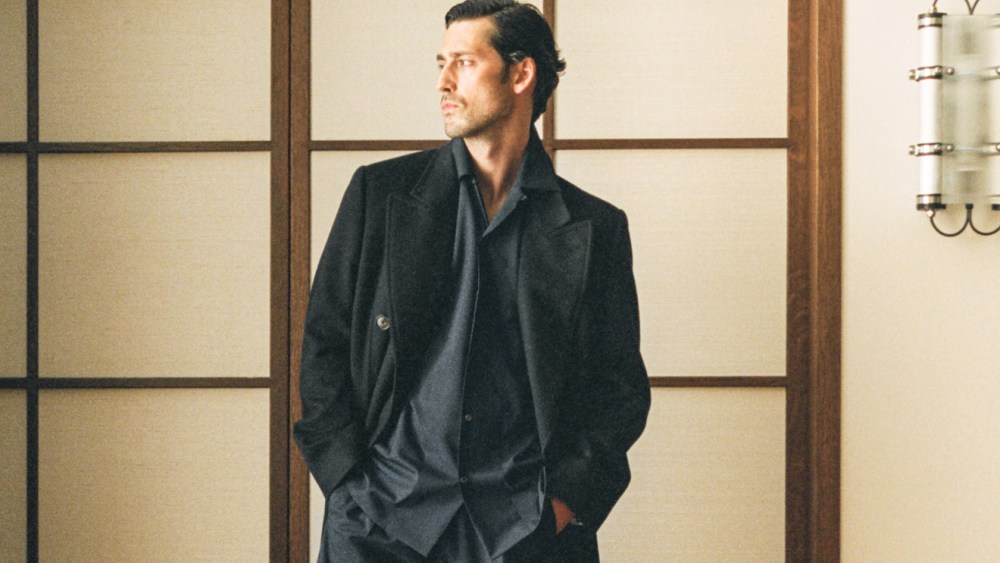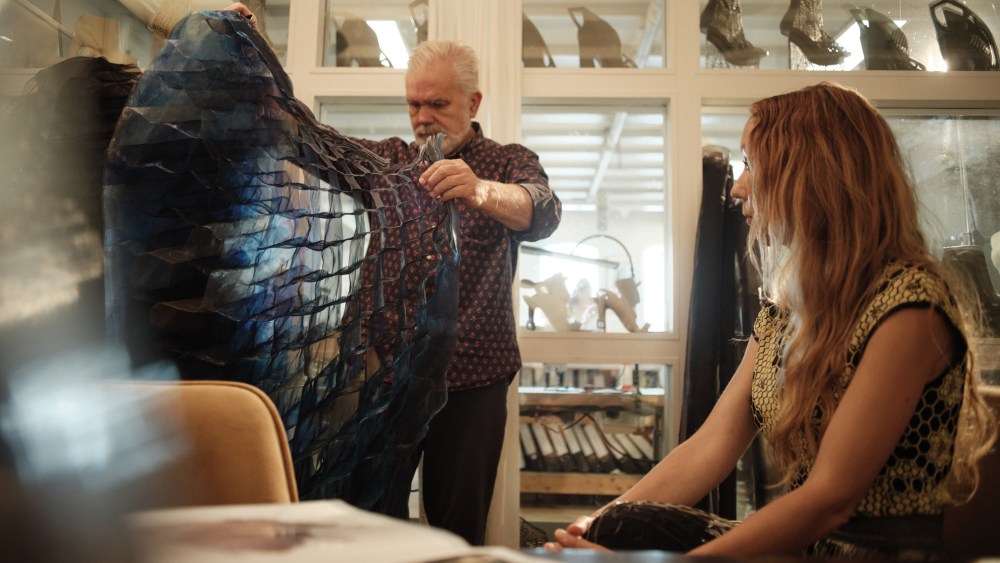
Fashion is learning how to talk — and when to keep quiet — in the “Art of the Deal” age.
U.S. President Donald Trump decided he wanted more from the European Union on Friday and recommended 50 percent tariffs on imports starting June 1.
While that would be a profit-crushing levy at the border of a vital market for European luxury houses, the reaction from fashion wasn’t so much muted as it was nonexistent.
WWD reached out to Beiersdorf, Brunello Cucinelli, Ferragamo, Hermès, Kering, LVMH Moët Hennessy Louis, L’Oréal, Moncler, Prada, Puig, Richemont, Safilo, Unilever and Zegna and it was no comment or no response all around.
The C-suite is learning — or rather often pugnacious Trump is teaching — just what it is that will keep corporations out of the fiery world of politics.
When Doug McMillon, president and chief executive officer of Walmart Inc., said earlier this month that the discount giant could not “absorb all the pressure” of the tariffs and suggested prices would rise, Trump shot back hard.
He pointed to Walmart’s $19.4 billion in profits last year and said Walmart and China should collectively “EAT THE TARIFFS.”
“I’ll be watching, and so will your customers!!!” the president warned.
Target Corp. CEO Brian Cornell, reporting earnings the following week, is no doubt feeling all the same pressures, but was careful on the topic of tariff-related price hikes, calling them only “the very last resort.”
That seemed to be enough to give the company a pass from Trump.
When fashion has spoken out, it has not been to react directly to some action, but in a more general context that’s often favorable to the idea of some wheeling and dealing.
Bernard Arnault, chairman and CEO of LVMH, urged the European Union to make concessions in its trade talks with the Trump administration during a hearing in the French Senate.
“It is very important for Europe to reach an agreement with the United States and I would say that, so far, things seem to be off to a relatively bad start,” he said. “Negotiations must be handled constructively. They must aim to achieve results, and therefore with reciprocal concessions.”
Arnault cited the example of the United Kingdom, which was the first foreign country to reach a deal with Trump.
“I hope to be able to convince Europe, with my limited resources and contacts, to adopt a similarly constructive attitude,” said Arnault, downplaying his position as billionaire luxury titan who has contacts everywhere. “For France, the risk is major, particularly for cognac and Champagne, but especially for cognac.”
Workers at some of LVMH’s Champagne houses have staged strikes this month after the luxury conglomerate’s wine and spirits division Moët Hennessy announced plans to shrink its workforce by 1,200 employees in response to challenging market conditions. The unit’s revenues fell by 8 percent in organic terms in 2024.
“I get the feeling that in France, we’re not really aware of the problem. But today, roughly 80 percent of cognac sales worldwide are made to China and the United States,” Arnault said. Unless an agreement is reached, 80,000 winegrowers could be impacted in the Charente region, where cognac is from, he warned.
Arnault has known Trump for years, set up a manufacturing facility in Texas during his first term in the White House and attended his second inauguration.

President Donald Trump and Bernard Arnault in Texas in 2019.
Michael Buckner/WWD
But those connections only go so far in the game of geopolitics.
Trump on Friday recommended “a straight 50 percent tariff on the European Union, starting on June 1” in a post on social media Friday, saying that trans-Atlantic trade talks “are going nowhere.”
While imports from the EU were hit with 20 percent tariffs when Trump rolled out his reordering of global trade on “Liberation Day,” April 2, that was cut to 10 percent pending negotiations.
Washington’s hardball, yet start-and-stop approach to trade did open up talks with countries around the world but few deals have been struck.
Trump, whose mother was born in Scotland, has given the U.K. a break, fixing import tariffs at 10 percent, and striking an “economic prosperity” trade deal earlier this month that will see some tariffs wiped out entirely.
But even that won’t shield British brands’ operation across the global fashion industry.
London-based Burberry, for instance, would likely be impacted by the tariffs to some extent as it produces the bulk of its collections between the U.K. and Europe.
Trump reiterated that the EU was formed for “the primary purpose of taking advantage of the United States on trade” and said the bloc has been “very difficult to deal with.
“Their powerful trade barriers, VAT taxes, ridiculous corporate penalties, non-monetary trade barriers, monetary manipulations, unfair and unjustified lawsuits against American companies, and more, have led to a trade deficit with the U.S. of more than $250,000,000 a year, a number which is totally unacceptable,” he said.
That figure understates the goods deficit with the EU, which the U.S. Trade Representative’s office pegged at “$235.6 billion in 2024, a 12.9 percent increase ($26.9 billion) over 2023.”
While Trump recommended a 50 percent tariff on EU goods, these numbers have a way of moving lower.
China, after some tit-for-tat tariff boosts, saw tariffs on its goods shoot up to 245 percent this spring — a level that was in effect an economic embargo. But those tariffs fell to 30 percent for 90 days to facilitate negotiations.
Richemont is also based outside the EU, in Switzerland, but many of the companies in its portfolio are based in and manufacture in France and Italy.
While the company did not comment on the tariffs, its founder and chairman Johann Rupert said earlier this month that he understands what Trump is trying to do.
“I believe the United States are using the tariffs in a transactional manner, and I do believe there are wise people in the Treasury of the United States who do not wish to have a total cessation of world trade,” said Rupert following the release of Richemont’s fiscal 2025 results.

Johann Rupert, founder and chairman of Compagnie Financière Richemont.
Getty
Rupert added: “There are imbalances that need to be addressed. The United States cannot carry on blowing up its debt which stands at nearly $37 trillion, and so President Trump is doing things that need to be done to address the overall situation.”
Richemont, which produces all of its watches and some of its jewelry in Switzerland, is holding its nerve on any substantial price increases until it sees where tariffs land. Rupert said he is loath to raise prices drastically — anywhere — for fear of damaging the relationship with the local customer.
A few days ago Rupert traveled to Washington, D.C. with South African president Cyril Ramaphosa and a delegation of the country’s golf enthusiasts. They talked mainly about violence in South Africa, and the need for more security and Elon Musk’s Starlink satellite internet services, but not about tariffs — in public at least.
It’s in private where the real deals are likely to be struck.
— With contributions from Luisa Zargani and Jennifer Weil
#Fashion #Faces #Trumps #Trade #Wars #Tariffs #Industry #Impact






